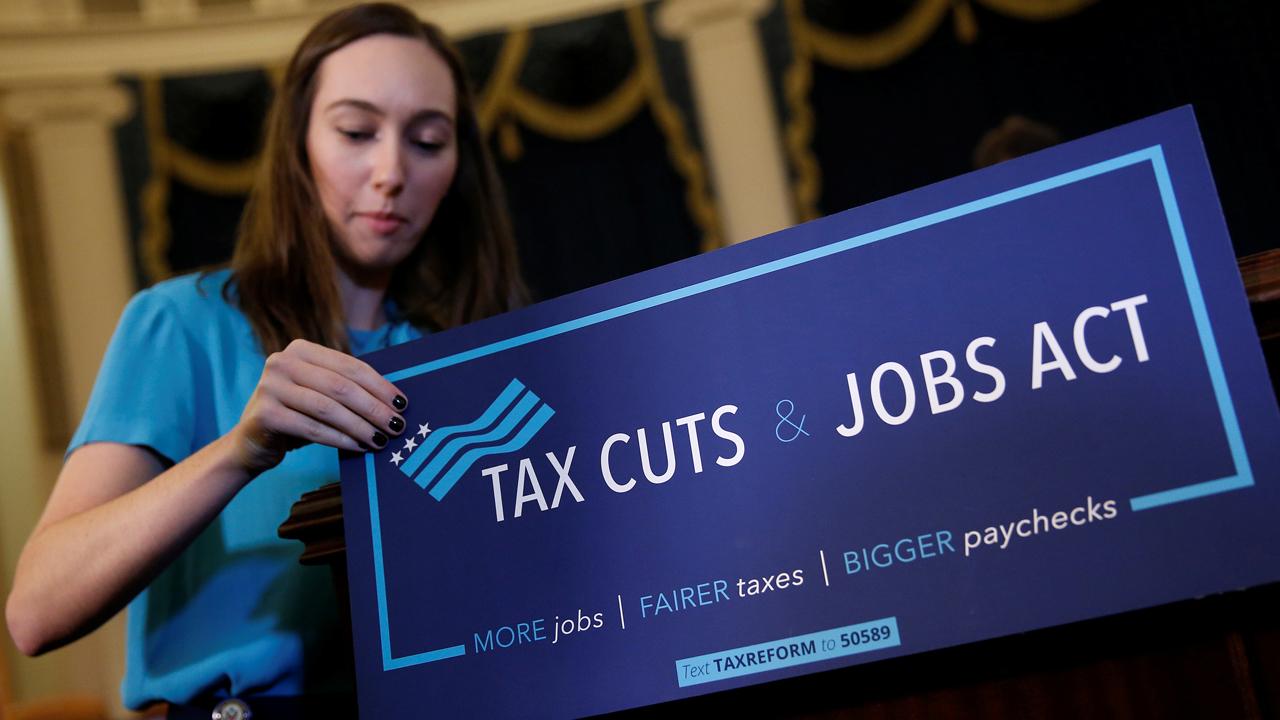When to claim children as dependents on your taxes
Updated 02/01/18 to reflect new amounts for 2017 tax season
Parents with young adult children face a complicated decision when it comes to filing their taxes: should they be claimed as dependents?
Tax deductions for dependent children are aimed at alleviating the cost of raising a family. In 2017, taxpayers could claim a $4,050 exemption for each qualifying child.
Deciding whether a child should be claimed as a dependent depends on a myriad of individual factors, but in general, it's almost always best for parents to keep children as dependents for as long as they can, says Cameron Keng, a New York-based certified public accountant and enrolled agent.
To help determine if you are eligible and whether it makes financial sense to keep your children as dependents, experts suggest you ask the following questions.
Is the child over age 24, but not earning income? You can claim dependent children until they turn 19, unless they go to college, in which case they can be claimed until they turn 24. If your child is 24 years or older, they can still be claimed as a "qualifying relative" if they meet the qualifying relative test or they are permanently and totally disabled.
For the qualifying relative test, among other things, is the requirement that they earned less than $4,050 in 2017. The IRS has a worksheet that can be used to determine if they satisfy the qualifying relative test.
Is the child in college, or just getting started in a career? It's often best for parents to claim a child in college because parents are typically in a higher tax bracket and will receive a greater tax benefit, explains Joe Orsolini, a certified financial planner and founder of CollegeAidPlanners.com.
Parents may also be eligible to receive a tuition and fees deduction and an education credit with some income restrictions. Students tend not to have a high enough tax bill to take advantage of these credits and deductions and wind up leaving money on the table, Orsolini adds.
Does the child have substantial medical expenses? Keeping your child part of your household means you can deduct their medical expenses under your own itemized deductions, Keng says.
If you are paying out-of-pocket for the child's care, keeping them as a dependent makes financial sense.
Does your child need more financial aid for higher education? Financial aid for higher education is based on family income and assets. For college financial purposes, students are considered 'dependent' until they turn 24, have a child which they provide more than half the support for, are married, are active duty or military veterans, have a bachelors degree, or are wards of the state.
“If the child is no longer a dependent, the financial cord is broken and the child may qualify for aid based on their own income and assets,” says Eric Levenhagen, a CPA with ProWise Tax & Accounting in IA. That means the tax benefit is outweighed by the amount of eligible scholarships and grants (and consequently, less student loan debt).
This story was originally published in February 2012, and has been updated.




















